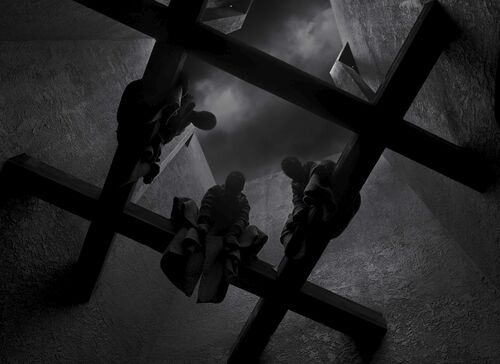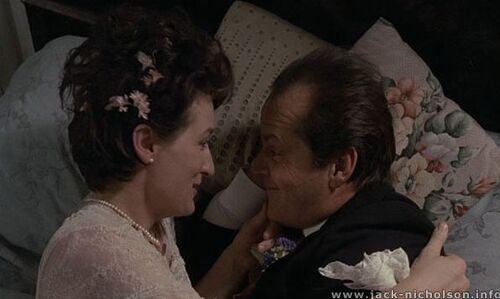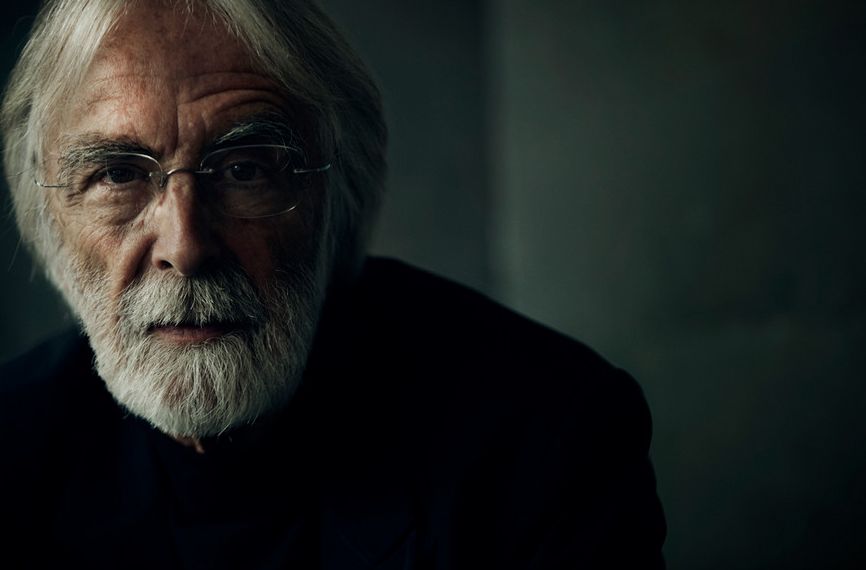
Exploring Michael Haneke: Benny's Video
 Benny's Video, the 1992 feature from director Michael Haneke, was the second installment in what many have called Haneke's Glaciation Trilogy. His feature debut, TheSeventh Continent, Benny's Video, and the wordy 71 Fragments of a Chronology of Chance make up this "Glaciation Trilogy". The trilogy examines the postmodern world and the alienation and isolation of individuals within it. Benny's Video shows a maladjusted 14-year-old boy whose bedroom looks more like a television studio with cameras scattered about catching every possible angle both inside of his room and out. Benny has fully retreated into the screens that surround him, succumbing to the violent images he watches on repeat. Unable to connect or relate to those in the real world, Benny has manufactured a microcosm of his own he can retreat to. The problem is, eventually, Benny's fabricated existence does not prove fulfilling enough for him, and he decides he needs to bring in an outsider. Forever mysticised by a video of a slaughtered pig, Benny gets the idea to replicate the video on a human being. He seems engrossed by the idea of acting out the violence he spends his days watching and even more interested in the idea of dominating a living person. When he acts out this fantasy on an unsuspecting girl his age, the audience is left shocked by his parent's decision to cover-up Benny's crime, leaving us to wonder how isolated the entire family is from the world in which they live.
Benny's Video, the 1992 feature from director Michael Haneke, was the second installment in what many have called Haneke's Glaciation Trilogy. His feature debut, TheSeventh Continent, Benny's Video, and the wordy 71 Fragments of a Chronology of Chance make up this "Glaciation Trilogy". The trilogy examines the postmodern world and the alienation and isolation of individuals within it. Benny's Video shows a maladjusted 14-year-old boy whose bedroom looks more like a television studio with cameras scattered about catching every possible angle both inside of his room and out. Benny has fully retreated into the screens that surround him, succumbing to the violent images he watches on repeat. Unable to connect or relate to those in the real world, Benny has manufactured a microcosm of his own he can retreat to. The problem is, eventually, Benny's fabricated existence does not prove fulfilling enough for him, and he decides he needs to bring in an outsider. Forever mysticised by a video of a slaughtered pig, Benny gets the idea to replicate the video on a human being. He seems engrossed by the idea of acting out the violence he spends his days watching and even more interested in the idea of dominating a living person. When he acts out this fantasy on an unsuspecting girl his age, the audience is left shocked by his parent's decision to cover-up Benny's crime, leaving us to wonder how isolated the entire family is from the world in which they live.
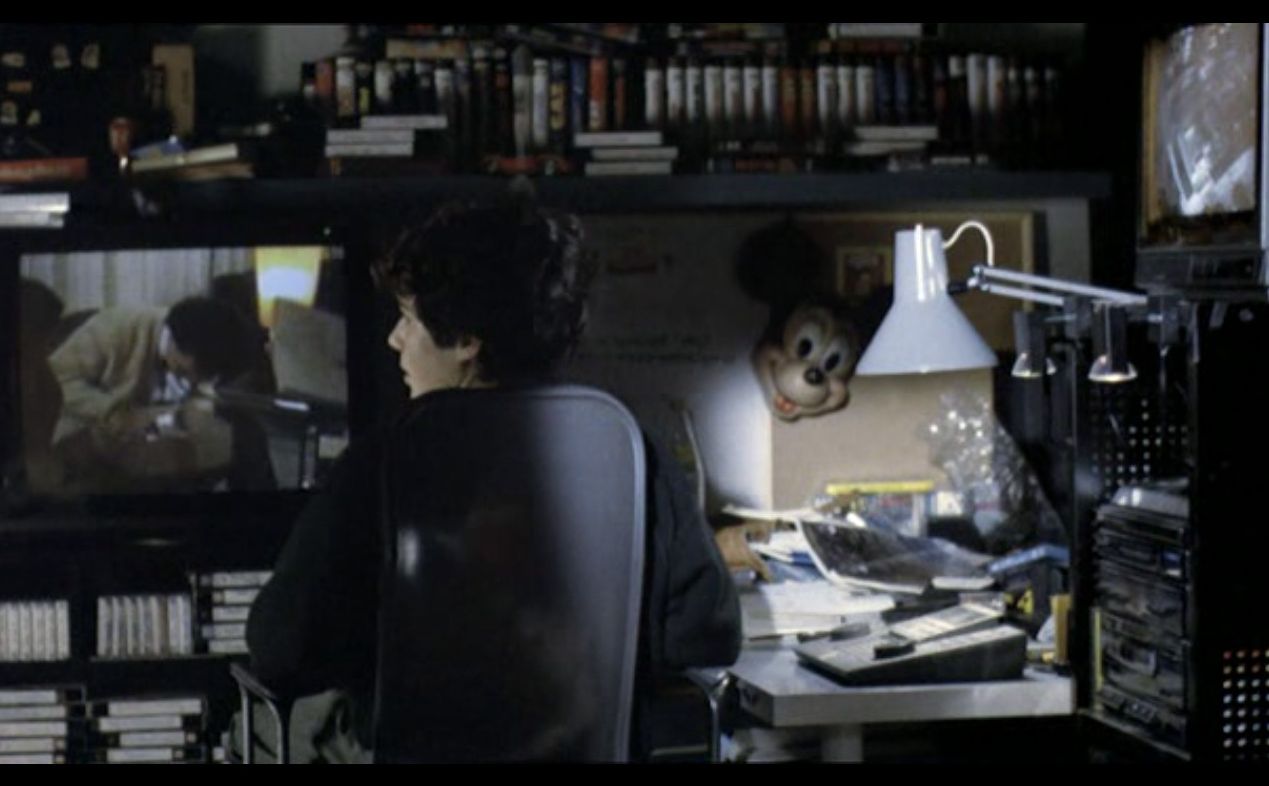
Michael Haneke makes a frank commentary through Benny'sVideo regarding the constant media reporting of violent images, and how such reporting leaves the audience desensitized to those images. This desensitization is just as much an issue today as it was 25 years ago when Haneke made his film. We hear about death in all of its explicit detail every day, but once the story is old news, it's on to the next in the endless cycle. Just one month ago in Las Vegas, a man opened fire on a crowd injuring 546 people, killing 58 before turning the gun on himself. Two weeks after the shooting, news outlets were filled with other stories, moved on from the devastation of that evening and covering the next story. Haneke was judicious to see that a 24-hour news cycle brought with it an oversaturation of violence leaving people unable to empathize with those they see through a screen, as they are constantly replaced by the next barrage of victims.
In addition to the assessment on violent imagery, Benny's Video also delivers a heavy critique of the economic system, as well. Just as in his debut feature, Haneke criticizes money and the value placed upon it as he shows Benny, who obviously belongs to a wealthy family, and the flippant way he spends whatever money he comes into. Money is just as dispensable as the people in Benny's life, and he proves that by spending freely and rarely engaging in a meaningful way with the people that he fills his time with. In The Seventh Continent, Haneke exposes how much money we spend simply buying the necessities we need in order to live, conversely, in Benny's Video, Haneke reveals how we waste money on things we don't need simply to fill the time in our days. It is clear Haneke is still thinking about the meaninglessness of existence when it is so confined to the structure of society's expectations. The impossibility of living right in an unjust world is a theme continuously explored in Haneke's films. The impact of the economic system and its hold on morality is constantly scrutinized by Haneke.
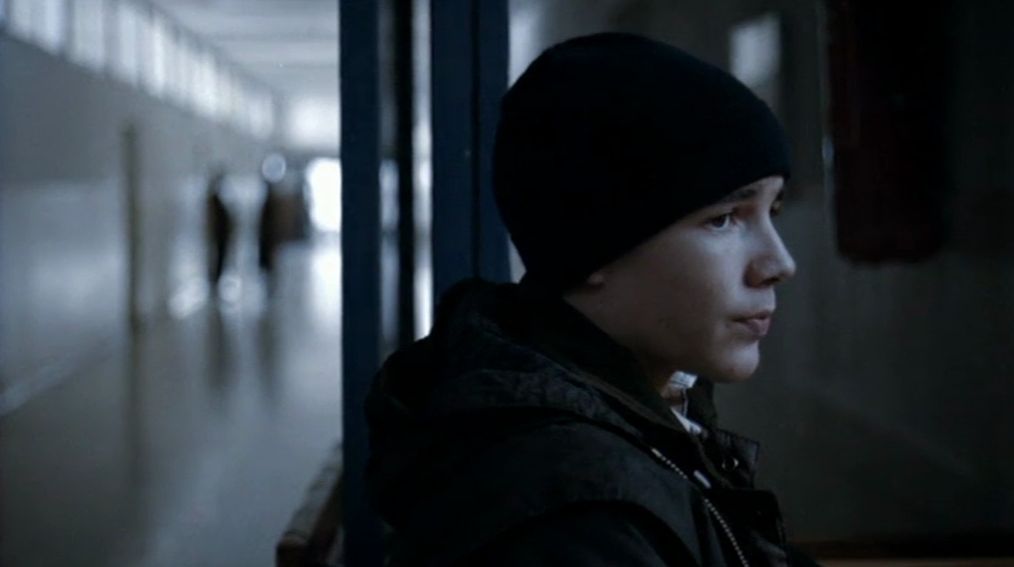
Alienation, isolation, and disconnect are also thoroughly explored throughout. Benny, even by the tender age of fourteen, had already alienated himself from society so much he struggled with meaningful connections when he was around people, a rare event in his life. The question remains, based on the lives of the adults Haneke presents, was Benny an outcast in his society based on his penchant for violent behavior, or had his immaturity simply prevented him from exhibiting such behavior in a more socially acceptable way? Haneke doesn't provide the answers, but by asking the question, he once again forces his audience into a much-needed self-examination. Benny spent most of his life isolated from other human beings. When he was home, he was alone and only viewed the world through the screens he surrounded himself with. When Benny was at school, he largely kept to himself and withdrew from most social interactions. The one friend he does spend a bit of time with, he simply exchanges the expected social niceties, always keeping himself from divulging anything too personal with the boy. Not only does Haneke explore open disconnect among people, but he also reveals how disconnected we are even when we appear to be connected. There is a moment where Benny is seen making plans with a school friend moments after committing murder. He doesn't let on that anything is remiss, exposing the fraud that Benny's social interactions actually are. Haneke, again, subverts the usually communal mealtime. Benny spends most of his time alone at his house while his parents spend most of their time at work. Benny's meals are set aside for him so he can microwave them after school. There exists no familial bonding over meals in Benny's family, revealing, in yet another way, that even the moments typically reserved for human connection can further produce isolation. Seeing the life of the adults in Benny's Video, cold and isolated, one is left to wonder how to thrive in such a society, and if murderous rage lurks beneath the societal expectations in all of us.
